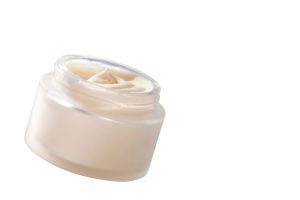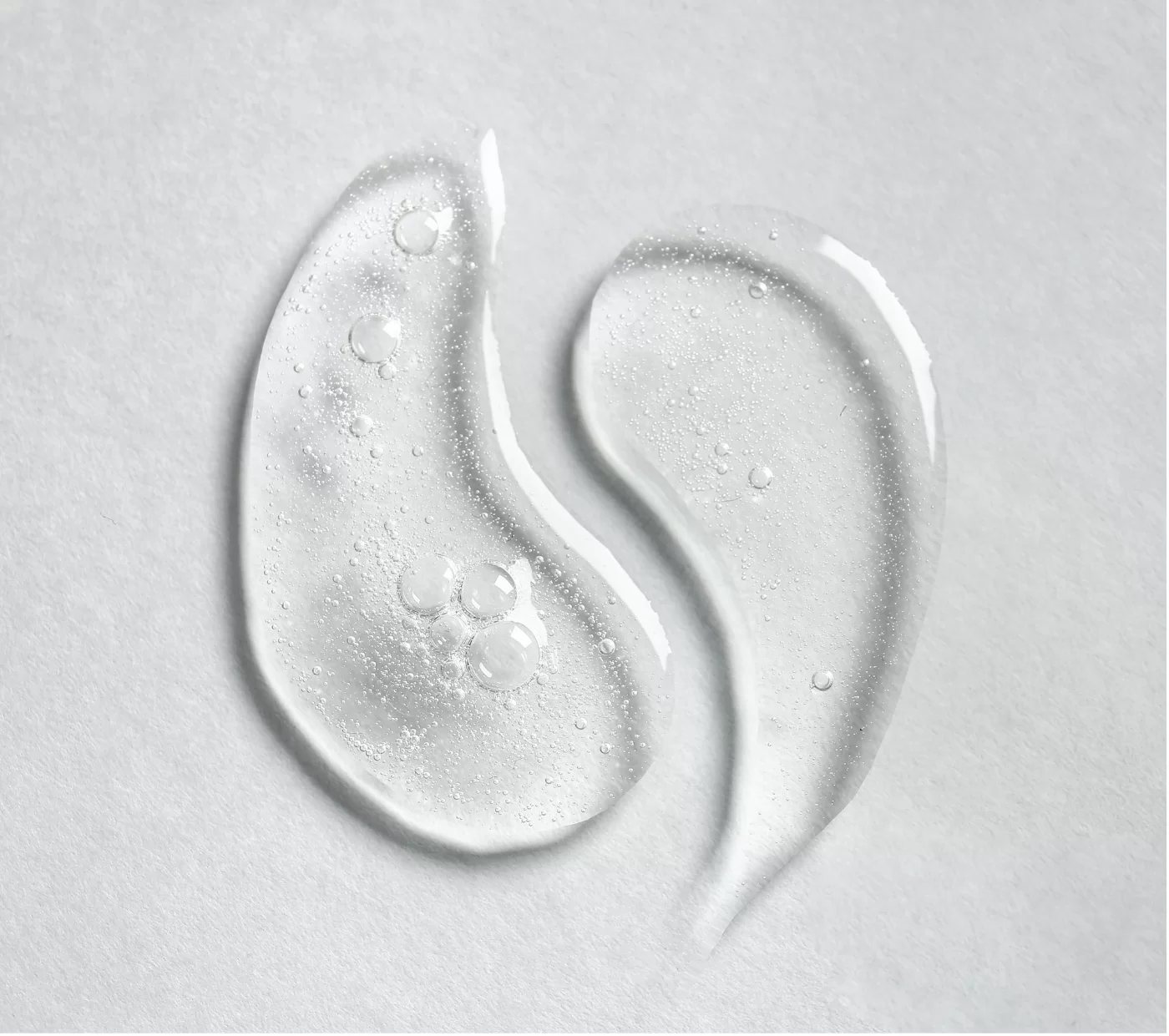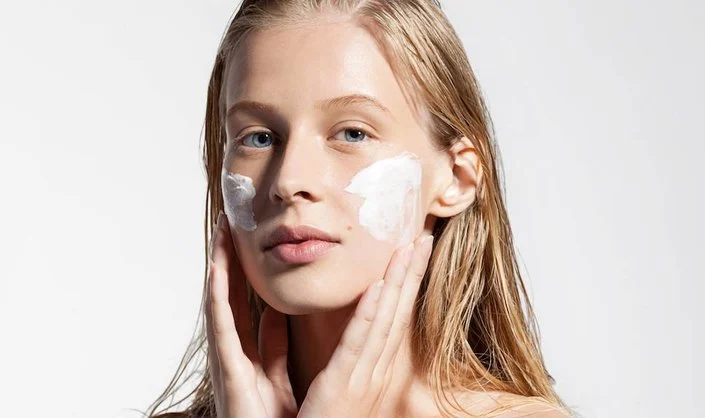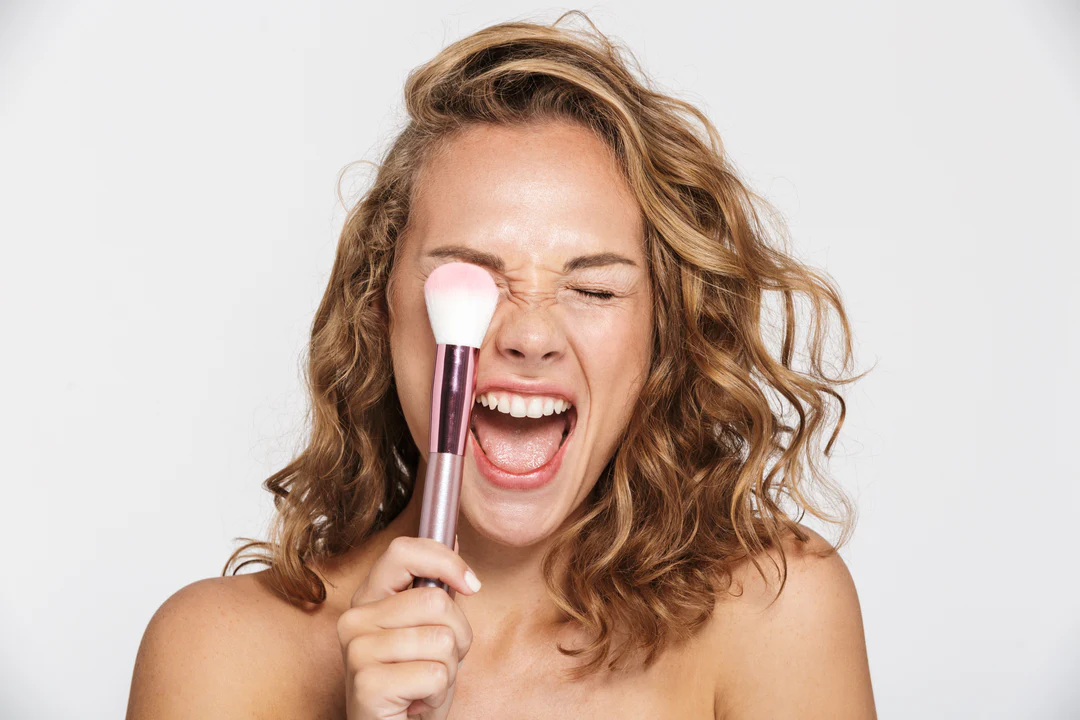We’re here to share what we know — but don’t take it as medical advice. Talk to your medical provider if you have questions.
Look at the ingredient list for your favorite skincare products, shampoos, or cosmetics, and there’s a decent chance you’ll see silicones listed. These synthetic polymers have become popular in skincare products due to their ability to enhance texture, spreadability, and create a soft, smooth feel on the skin.
However, the use of silicones in beauty products has been met with some controversy. While some experts attest to their safety and efficacy, others express concerns about their potential negative impact on the environment. So, it’s a good idea to have a solid understanding about what silicones are in order to determine if you should include them in your routine.
Here, we’ll explain what you need to know about silicones and their use in skincare.
What are silicones?
Silicone is a type of material that is used in many applications because it repels water. This means that when water touches it, the water droplets don’t stick to the material but instead roll off.¹
Silicones come in various materials, including gels, lubricants, foams, and adhesives.² They tend to be quite stable and unreactive, and are used in a variety of medical applications. In fact, they are widely utilized for breast augmentation and cosmetic procedures.³
The use of silicone-based products for the treatment of non-healing wounds has also become more common in recent years. Silicone gel has been found to speed up the re-epithelialization process (essentially, the healing process) by interacting both physically and biologically with the tissue.⁴ Additionally, the application of silicone gel forms a protective film on the skin.⁵
What are the pros associated with silicone use?
Silicone has gained popularity as a skincare ingredient due to its ability to promote faster resurfacing, which refers to the process of removing dead skin cells from the surface of the skin to reveal a smoother complexion. Its unique properties, including a decrease in surface tension, make it easy to apply to the skin.
Skin healing properties
One of the benefits of silicone use in skincare is its ability to aid in the skin healing process via the migration of the cells which line the surface of the body, also known as epithelial cells, from deeper portions of the body, such as sweat glands.⁶
For more than three decades, topical silicone has been utilized as a method of improving the aesthetic appearance of scars and, more recently, in improving the healing of complicated wounds or those resulting from cosmetic and post-surgical procedures.
Scientific studies have demonstrated that it can make scars softer, smoother and reduce redness. Additionally, topical silicone has been shown to alleviate itchiness associated with scars, known as pruritus, and minimize the overall pigmentation of the affected area.⁷

Ease of application
Silicones are a group of synthetic materials that have become increasingly popular in the cosmetic industry due to their unique properties. They are commonly used in skincare creams, shampoos, and conditioners due to their non-toxic nature and high lubricity.
One of the primary benefits of using silicones in cosmetics is their ability to create a smooth and silky texture that feels pleasant on the skin.⁸ Silicones are also effective in preventing foaming,⁹ which makes them a valuable ingredient in products such as shaving cream, toothpaste, and laundry detergent.
Protective barrier
Silicones are used in skincare products due to their ability to act as a barrier that can isolate an area from the external environment. The barrier function of silicones can help protect the skin from various external factors that can cause damage or irritation.¹⁰
This makes them particularly useful in products such as hair care products, where they may help to reduce damage from heat styling.
Additionally, they can reduce transepidermal water loss, which occurs when water evaporates from the skin’s surface, leaving it dry and dehydrated.¹¹ By forming a protective layer over the skin, silicones can help to keep the skin hydrated.
Overall, the barrier and lubricating properties of silicones make them a valuable ingredient in skincare products. By isolating the skin from external factors and reducing friction and transepidermal water loss, they can help protect and nourish the skin, potentially leading to a healthier and more radiant complexion.
If you’re interested in incorporating silicones into your skincare routine, you can find them in a variety of products such as moisturizers, serums, and primers. It’s always important to read the ingredient labels and consult with a dermatology provider if you have any concerns or questions about specific ingredients.
Are there cons associated with silicone use?
Silicones are widely used in the cosmetic industry due to their various benefits, such as creating a silky texture and improving product spreadability. While the Expert Panel for Cosmetic Ingredient Safety, a non-profit scientific body founded in 1976, has concluded that silicones are generally safe for their present use when formulated to be non-irritating,¹² some concerns have been raised about their impact on the environment.
Specifically, certain types of silicones may not be biodegradable and can persist in aquatic environments due to their hydrophobic nature.¹³ The hydrophobic nature of silicones means that they repel water and can form a barrier on the skin, reducing water loss and friction. However, this property can also make them difficult to break down in nature. Therefore, some have raised concerns about their potential effects on the environment.
Because of this, researchers are actively searching for more environmentally sustainable alternatives.¹⁴
Skincare that works for you
The ease of application and ability to promote skin healing are just a few of the unique properties that make silicones a valuable ingredient in skincare products. They can also act as a barrier, reducing mechanical friction and transepidermal water loss, which helps to protect and nourish the skin, leading to a healthier and more radiant complexion.
Additionally, silicones have been found to be effective in creating a silky texture and improving product spreadability, making them a popular choice for many skincare formulations.











